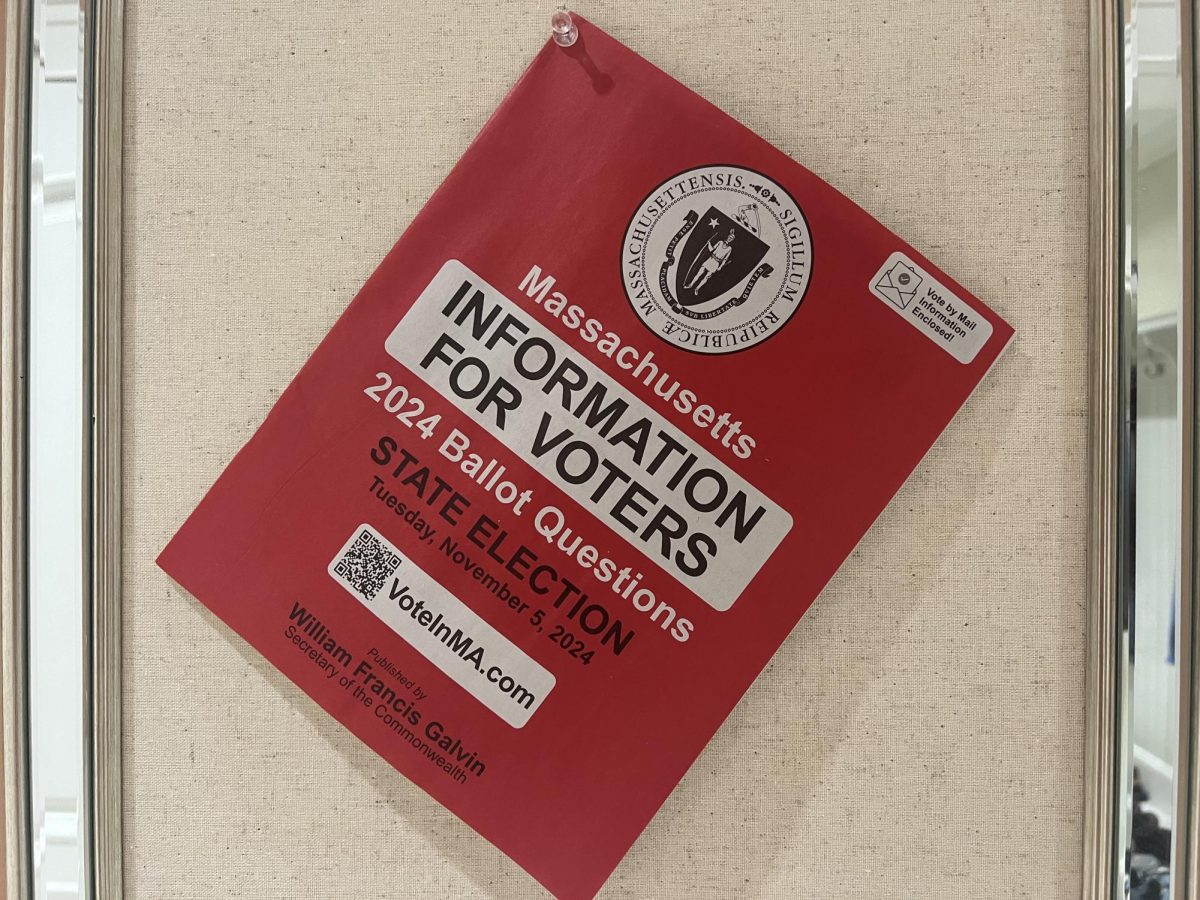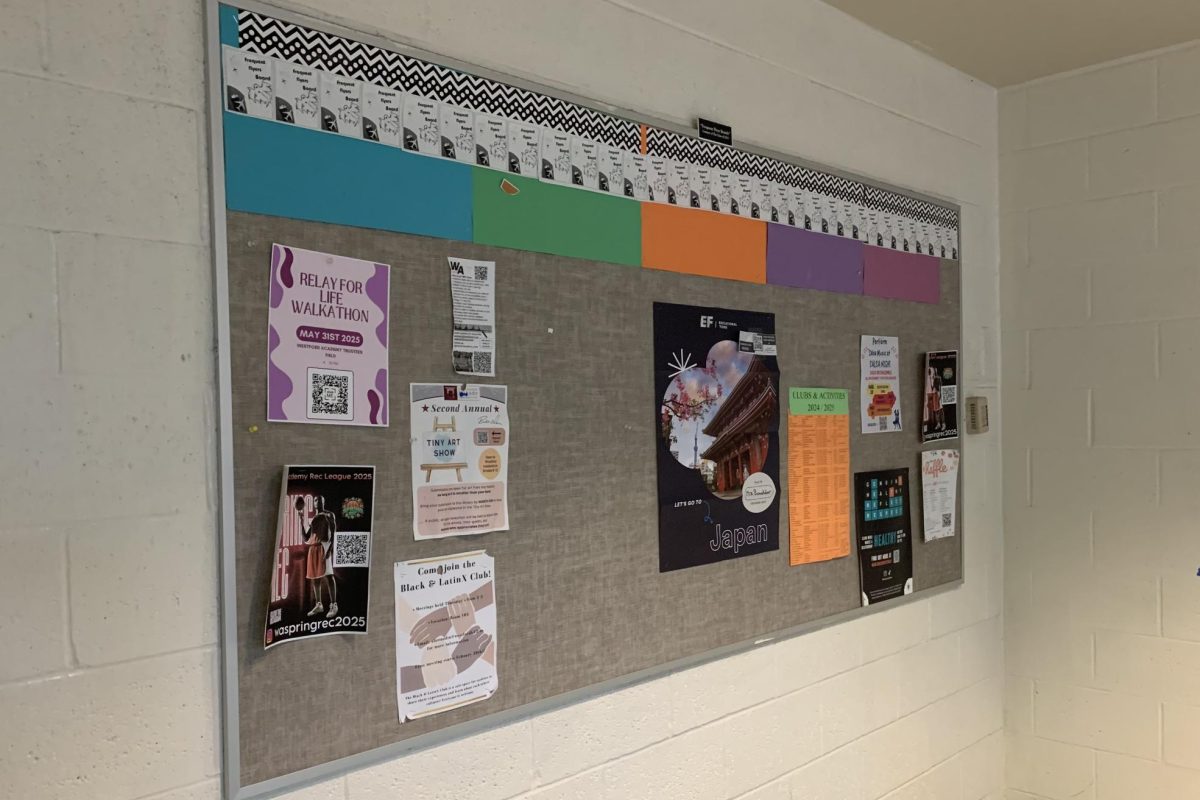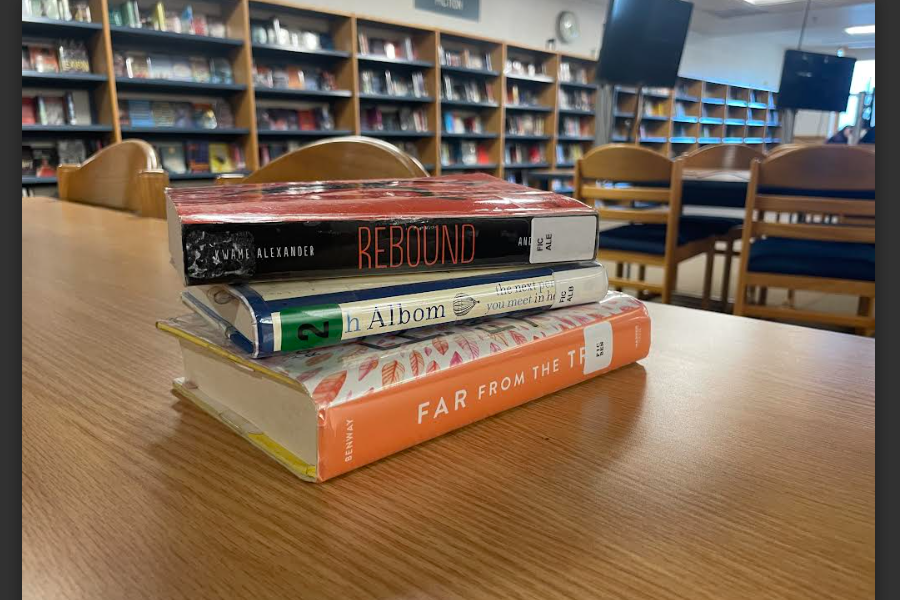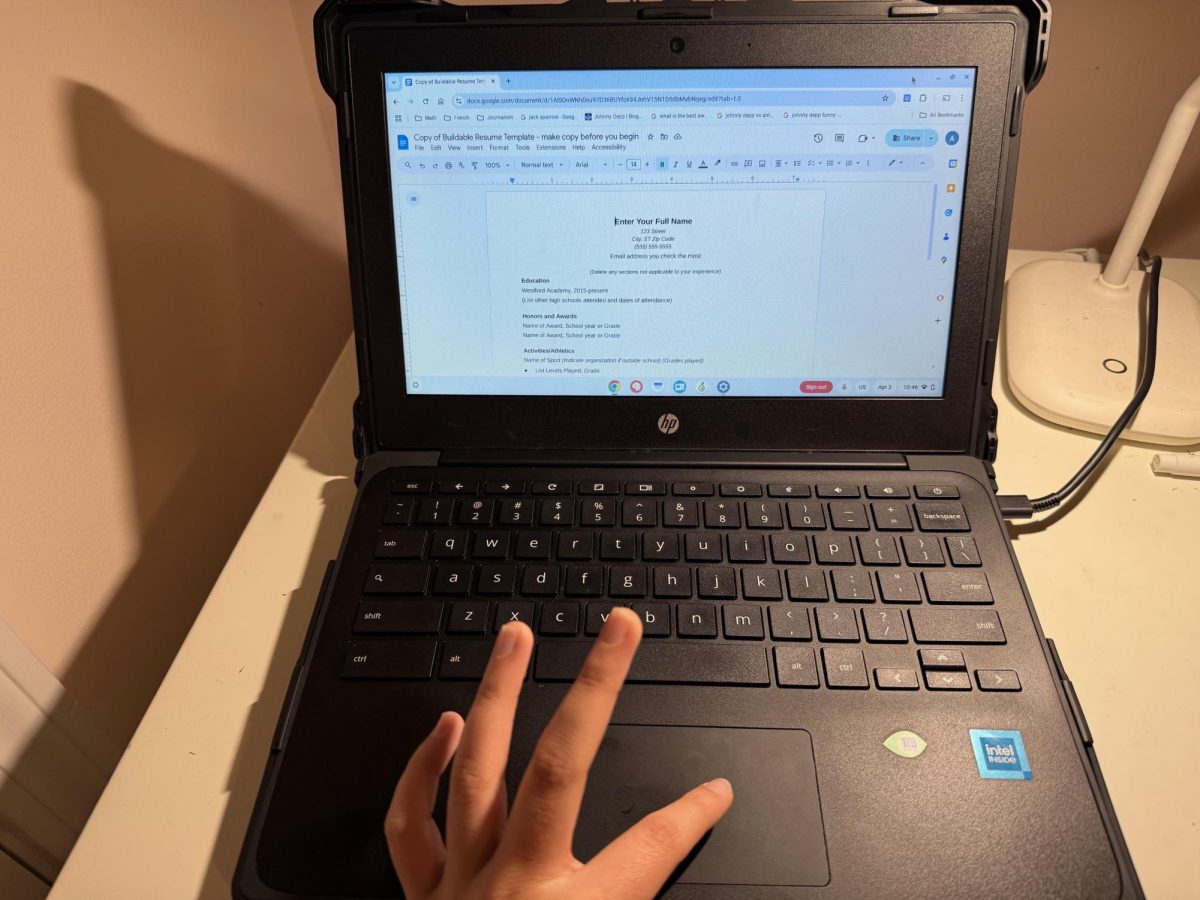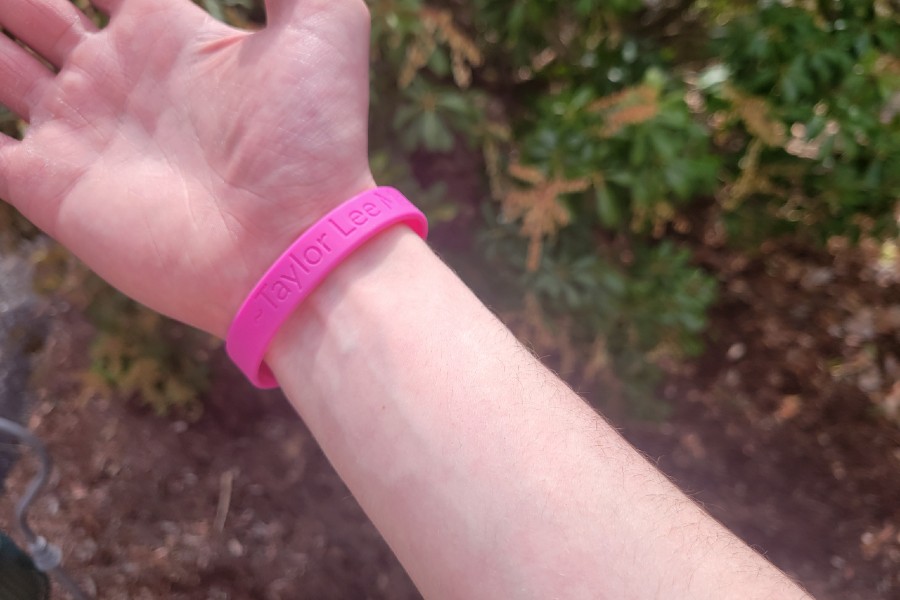As the state election on Nov. 5 rapidly approaches, Massachusetts voters will not only be casting votes for presidential candidates, senators, and local officials, but also to change five state laws. As some WA seniors vote for the first time in this year’s election, here is a comprehensive breakdown of Massachusetts’ ballot questions.
Question 1: Should the State Auditor oversee the legislature?
The State Auditor’s job is to conduct audits to help the government work better, however, the State Legislature is the only entity that refuses to be audited by auditor’s office. The auditor’s main focus is ensuring that state agencies follow existing laws and regulations. Massachusetts voters elect a new state auditor every four years.
Auditors have access to court-supported documents and records, however, their investigative powers are limited. This question asks voters whether the auditor should be allowed to oversee and evaluate some of the state legislature’s activities, thus expanding the limits set for their investigative powers.
Voting yes for ballot question 1 supports authorizing the state auditor to audit the accounts, programs, activities, and functions of all departments, offices, and activities of the state legislature and any authorities or districts created by the state legislature.
Click here for more information on ballot question 1.
Question 2: Eliminating the MCAS graduation requirement
For every student in Massachusetts, the MCAS is necessary to both meet their school’s graduation requirements and also receive a “competency determination” from the state. Most students receive the competency determination requirement by passing the Massachusetts Comprehensive Assessment System (MCAS) during sophomore and junior year of high school.
A yes vote towards this question would mean Massachusetts students still need to take the 10th grade MCAS exams, however, they would no longer need to get a passing grade or other state approval. This would allow districts to set their own criteria for graduation requirements, as well as alleviate pressures on teachers and students.
Question 3: Should ride-share drivers be allowed to unionize?
Ride-share drivers are typically independent contractors who provide transportation through apps such as Uber or Lyft. However, because ride-share drivers are considered independent contractors, they do not receive many of the benefits that employees do including minimum wage, paid sick time, and unemployment insurance.
Ride-share drivers are also not covered under the National Labor Relations Board rules and standard rights and protections. Additionally, unionizing, which is when employees join together to form a union in order to collectively bargain and negotiate with their employer, becomes more difficult for ride-share drivers due to them being scattered around the state with no common workplace.
Voting yes for ballot question 3 would allow for drivers across companies to negotiate for better pay, expanded benefits, and other benefits that would apply across the ride-share industry. The state would oversee and approve all recommended negotiations, and agreements would be approved by a majority of drivers who have completed at least 100 rides in the past quarter.
Click here for more information on ballot question 3.
Question 4: Legalization and regulation of psychedelic drugs
As psychedelic drugs are becoming more commonly used in clinical research, mental health treatment, and self care, Massachusetts has added the question of whether or not to legalize some psychedelics and set clear rules for therapeutic and personal use.
A yes vote for question 4 would facilitate creating a Natural Psychedelic Substances Commission and Advisory Board to regulate the licensing of psychedelic substances and services, including the administration of psychedelic substances to individuals over 21 years. Additionally, it would authorize individuals 21 years and older to grow, possess, and use a personal amount of psychedelic substances. It would also impose an excise tax at a rate of 15% on the sale of psychedelic substances at licensed administration facilities and authorize localities to levy an additional tax of up to 2% on psychedelic substances.
Click here for more information on ballot question 4.
Question 5: Minimum wage for tipped employees
Tipped workers such as bartenders, waitstaff, and manicurists are guaranteed full minimum wages, $15 per hour in Massachusetts. However, employers can pay them as little as $6.75 as long as their tips make up the difference.
Question 5 would gradually increase the minimum wage for tipped employees starting at 64% of the state minimum wage on January 1, 2025 and increasing by 9% every year to 100% of the state minimum wage on January 1, 2029 in addition to tips.
Regular voting will take place on Tuesday, Nov. 5 from 7 a.m. to 8 p.m. at either Stony Brook Middle School or Westford Academy depending on your precinct. Find your precinct number here and location depending on your precinct here. Additionally, the deadline to register to vote is October 26 and can be done using this link.
For a more detailed overview on all of the questions, click here.

